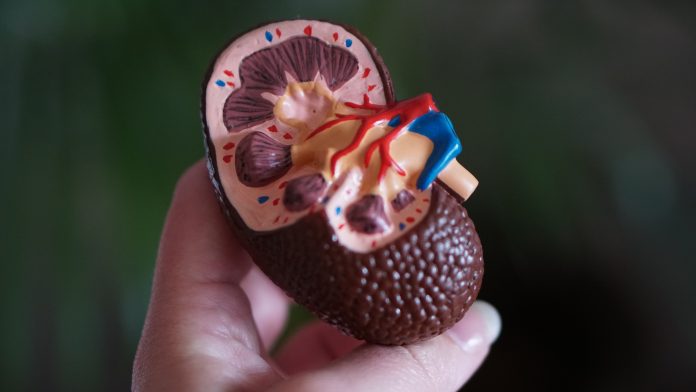As you age, your kidneys age right along with you. Though you can develop kidney disease at any time, you are more likely to have kidney disease after the age of 60. As you grow older, you lose kidney function. Your kidneys remove waste and extra fluid from your body. They also remove acid that is produced by your cells and maintain a healthy balance of water, salts and minerals in your blood.
Millions of people are living with kidney disease but don’t know it. Symptoms can be slow to show up until the disease is serious. Other symptoms may mimic those of other diseases.
Some symptoms of kidney disease are:
- Excessive tiredness and low energy. A decrease in kidney function can lead to a build up of toxins in the blood. This can make you feel weak and tired.
- Dry and itchy skin. This can be a sign of the bone and mineral disease that often goes along with advanced kidney disease.
- Swollen ankles and feet. Loss of kidney function can lead to retention of sodium which causes swollen feet and ankles.
While these are possible signs of kidney disease the only sure way to know is to be tested. If you’re older than 60 and have diabetes, high blood pressure or a family history of kidney disease you should be tested each year for kidney disease.
March is National Kidney Month. Each year more than two million people die due to kidney disease. It can strike anyone, at any age. It kills more people each year than breast or prostate cancer. See your doctor or healthcare provider each year and get tested. Exercise and eat healthy meals. Reduce your use of salt and processed foods. Become involved by learning more about kidney disease, here. Help to prevent problems before they begin.
Image Credit:
























